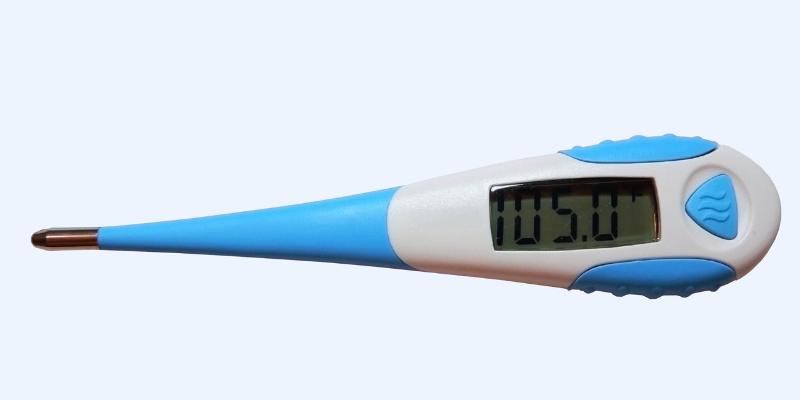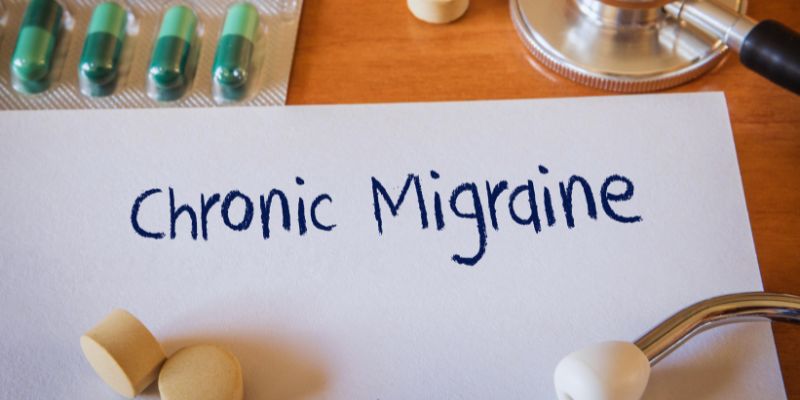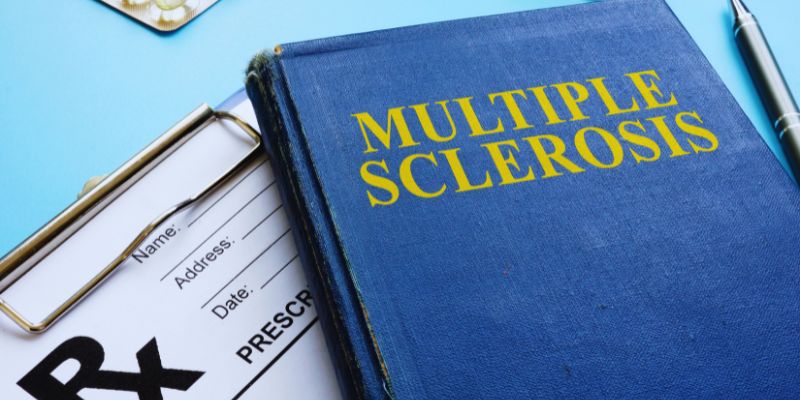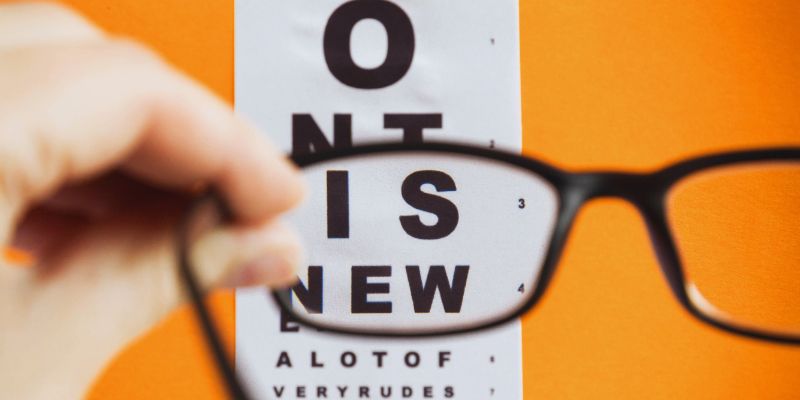Understanding the Symptoms of Neuroleptic Malignant Syndrome: When to Seek Help
Neuroleptic malignant syndrome (NMS) is rare yet deadly. That happens in response to some medications that are used to treat mental health problems. The medicines block dopamine, such as antipsychotics. The symptoms start fast and could get severe. Among the symptoms include disorientation, muscle tightness, and high temperature. Prevention of problems depends on early identification.
If untreated, it might cause organ failure. Doctors determine it depending on symptoms and medical background. Treatment consists of quitting the medicine and controlling symptoms. Many times, hospital treatment is required. Knowing the indicators of NMS will enable one to seek treatment early on. Acting quickly helps one avoid major health hazards. This guide covers its symptoms and when one should see a doctor.

What Causes Neuroleptic Malignant Syndrome?
Medications that alter the brain cause a reaction known as neuroleptic malignant syndrome (NMS). Antipsychotic medications—which block dopamine, a brain chemical regulating movement—are the most often occurring cause. NMS can emerge from too low dopamine levels. This disorder can be brought on by first—and second-generation antipsychotics alike. Typical prescriptions are for haloperidol, risperidone, and chlorpromazine. Some anti-nausea medications, including metoclopramide, also cause NMS.
The danger may be increased by a rapid dosage increase or abrupt discontinuation of medications linked to dopamine. NMS affects some people more sensitively than others. Dehydration, high doses of antipsychotics, and tiredness raise the risk of symptoms development. Those with a past of NMS are especially more vulnerable. Preventing major consequences depends on early symptom detection. Understanding the risk factors and causes helps people and caregivers to act preventatively. If symptoms show, quick medical intervention is required. Good medication control lowers the NMS risk.
Early Symptoms of Neuroleptic Malignant Syndrome
Usually, beginning or increasing a medication, neuroleptic malignant syndrome (NMS) symptoms show up one to three days later. The first symptoms include bewilderment, too much perspiration, and a temperature. Patients may also be restless, nervous, or agitated without clear reason. Muscle tension is among the most obvious symptoms. The stiff muscles cause delayed and agonizing movement. It can cause trouble walking or maybe speaking. Patients may also show a major reaction by having a fast heart rate and high blood pressure.
Too much sweating often causes dehydration and aggravation of symptoms, even in cool surroundings. If these early signs go unchecked, they can develop into serious problems. Early recognition of the symptoms and quick medical attention-seeking are vital. Get seen right away if you or someone you know develops these symptoms following antipsychotic or dopamine-related medications. Early response increases the chances of recovery and helps to avoid potentially fatal consequences.
Severe Symptoms and Complications
If Neuroleptic Malignant Syndrome (NMS) not be treated promptly, symptoms grow severe. Muscle tightness gets severe and causes great rigidity and shakes. Patients could find it difficult to talk, move, or even swallow. Often exceeding 104°F (40°C), fever can rise dangerously high and cause the disorder to be life-threatening. Heart rate and blood pressure could get dangerously erratic. Heart failure, arrhythmias, and even stroke can all be brought on by this turbulence. Muscle breakdown releases dangerous substances into the bloodstream that cause renal issues for some patients.
Dark urine, decreased urination, and even renal failure can all follow from this. Confusion and agitation might become delirium or coma if symptoms advance. Severe versions could also include respiratory problems and seizures. Organ failure and death are possible without fast medical attention. Hospital therapy is quite important at this point. Emergency intervention helps the patient to become stable and stop deadly consequences. Survival and recovery depend on early indicators of NMS being sought for medical attention.
Treatment and Recovery from NMS
Stopping the medicine that causes the response comes first in treating neuroleptic malignant syndrome (NMS). Hospitalization is crucial for monitoring symptoms and avoiding complications. Doctors focus on stabilizing important processes, including body temperature, blood pressure, and heart rate. Medications assist with symptom management. Dopamine-boosting medications balance the brain, while muscle relaxants ease extreme stiffness. IV fluids promote kidney function and help prevent dehydration.
Cooling methods, including ice packs and blankets, help reduce body temperature if fever is extremely high. With correct treatment, most patients heal in one to two weeks. Severe cases, particularly if problems arise, could take longer, though. Doctors modify future medicine regimens after recovery to help prevent NMS from resurfacing. Monitoring development and guaranteeing a safe rehabilitation depend on regular visits. Patients should tell their doctor about any odd symptoms they experience. Early intervention lowers risks and enhances long-term health results.

Preventing Neuroleptic Malignant Syndrome
Stopping neuroleptic malignant syndrome (NMS) calls for precise prescription writing. Usually, doctors progressively raise low dosages of antipsychotic medications. Patients should never change their advised dosage without professional counsel; they should always follow it. Maintaining hydration and avoiding overheating help lower the NMS risk. Dehydration aggravates symptoms; hence, consuming enough water is rather important. See a doctor immediately if any early symptoms appear, such as fever, muscular tightness, or confusion.
Early identification prevents major difficulties. Those with a history of NMS should let their doctor know before beginning new medications. To lower hazards, doctors could decide on different treatments or change dosage. Frequent side effect monitoring helps to identify issues early on. Families and those caring for others should also know of NMS symptoms and seek assistance promptly. Quick response and awareness help to avoid potentially fatal complications. Following medical advice and reporting unexpected symptoms early guarantees improved health results and safety.
Conclusion:
One rare but major side effect of several medications is neuroleptic malignant syndrome (NMS). Preventing serious problems depends mostly on early discovery. Ignoring symptoms, including fever, muscular tightness, and confusion, would be disastrous. If untreated, NMS can cause organ failure or possibly death. Quick medical intervention increases the chances of recovery. Treatment consists of stopping the triggering medicine, hospital treatment, and supportive therapies. Correct medicine use, hydration, and early sign monitoring help lower hazards. Patient and caregiver awareness is vital. Early identification of symptoms and fast treatment can help to achieve better long-term health results and save lives.












